Paradiso Canto 16
OVERVIEW
Jonathan Reimer is the John H. Van Gorden Assistant Professor of History in the Templeton Honors College at Eastern University. He studies the intersection of politics, religion, and society at the English Reformation, and his writing has appeared in The Journal of Ecclesiastical History and First Things.
Questions for Reflection
- The sequence in the heaven of Mars forms the center of Paradiso. These cantos focus very tightly on Florence’s politics and culture. What might Dante devote such an important part of his “spiritual” journey in Paradiso to such particular historical concerns? How is Dante helping his readers see the connections between divine eternity and historical reality?
- Why does Dante have Cacciaguida look back to Florence’s golden age? Why focus on the dissolution of the great Florentine families? What vice(s) destroy great families and great cities? What relationship does Dante see between political and moral failing? What might Dante’s presentation of Florence’s decline tell us about our own political and moral contexts?
- In light of the Florentine “fall narrative” of this canto, why do you think Dante opens the canto by mocking (his own) misplaced pride in nobility (16.1-9)? In what, by way of contrast, does true nobility consist? Where do we see this true nobility at play in the Comedy (and indeed in our own world)?
- Cacciaguida frames his own birth with a reference to Christ’s incarnation in the womb of Mary (16.34-36). What does this brief statement reveal about the nature of Cacciaguida’s identity? Does this challenge your way of conceiving of personhood and identity?
DETAILS
- Dr. Jonathan Reimer
- Templeton Honors College
- Run Time 10:55








